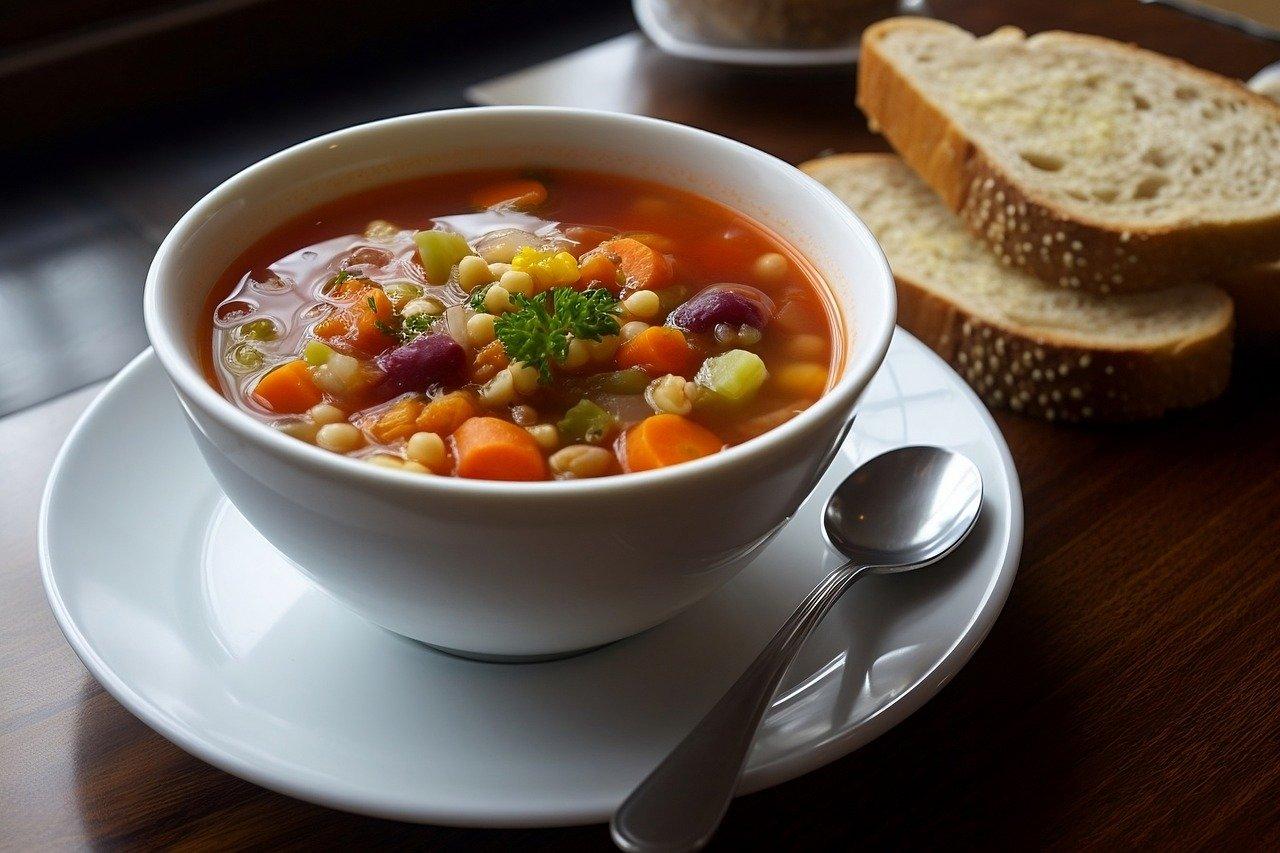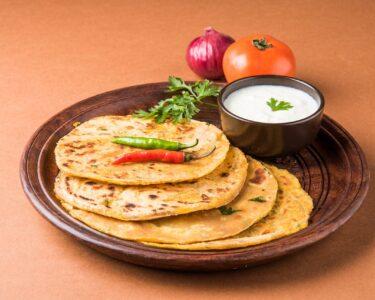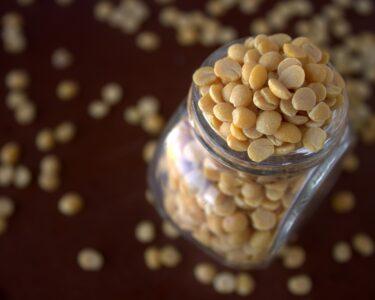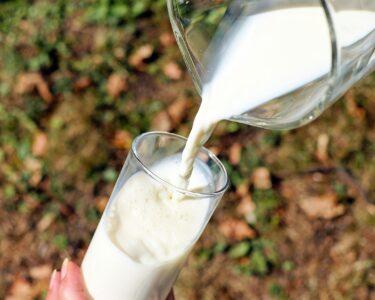Monsoon is fantastic only if you have the luxury of working from home. Otherwise, waterlogging, traffic, cab surcharges, mosquito, fever makes life miserable. Dengue has become like an epidemic now in certain parts of the country. One in almost every alternative family is suffering from dengue or some sort of viral fever. A good Indian diet for dengue treatment is essential.
Dengue is a viral infection, transmitted by mosquitoes. As per WHO, the incidence of dengue in the world is dramatically increased in recent decades. If you or any of your close one has ever suffered from dengue then you know it’s NOT only the fever but multiple other symptoms completely break the person from inside out. Extreme weakness, apathy, joint pain, muscle cramps, sometimes itching, etc makes life hell.
There is no specific treatment for dengue/ severe dengue, but medical care is needed. No vaccine is available for preventing this disease. There is a high risk of death from Dengue infection, particularly if it is not detected at an early stage. early detection and access to proper medical care lower fatality rates below 1%.
Early detection and prompt initiation of appropriate treatment are vital for avoiding serious complications. Diet plays a vital role in dengue fever treatment. A proper diet helps to recover fast and minimize the intensity of various symptoms. (1,2)

Dengue fever treatment: Signs and symptoms
Dengue fever is a severe, flu-like illness that affects anyone irrespective of age and sex. The symptoms of Dengue fever are overlapping too many other viral fevers, for that reason, it is frequently misdiagnosed by doctors. In today’s scenario, where dengue infection is so widespread, all of us, including the patients, their relatives, and obvious doctors should be well-concerned regarding the symptoms of the disease.
World Health Organization (WHO), suggested that Dengue should be suspected when a high fever (40°C/104°F) is accompanied by any 2 of the following symptoms-
- severe headache
- pain behind the eyes
- muscle and joint pains
- nausea and vomiting
- swollen glands or
- rash
Anyone suffering from high fever along with other symptoms must go to the doctor for initiating the appropriate medical care which is essential for the early recovery from Dengue fever and avoiding the complications. When an infected mosquito bites a healthy person, the first symptom usually occurs after 4-10 days and the symptoms usually persist for 2-7 days. The severity of Dengue viral infection usually is moderate to severe.
Severe dengue causes many potentially deadly complications like-
- Plasma leaking
- Fluid accumulation
- Respiratory distress
- Severe bleeding, or
- Organ impairment.
Warning signs usually occur 3–7 days after the appearance of first symptoms in association with a decrease in body temperature (below 38°C/100°F). The warning signs, requiring urgent medical attention, are-
- severe abdominal pain
- persistent vomiting
- rapid breathing
- bleeding gums,
- fatigue,
- restlessness and
- blood in vomit.
The next 24–48 hours after the appearance of the warning signs, is the critical period requiring proper medical care to avoid complications and risk of death. (1)
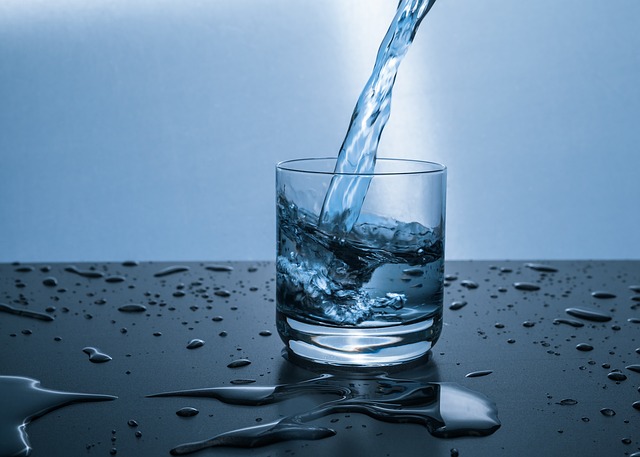
Indian diet guide for dengue
Dengue is a self-limiting infectious viral disease. Though appropriate medical care is essential for Dengue patients there is no specific treatment for Dengue fever. Dengue causes several moderate to severe symptoms.
Why following a proper diet is essential for dengue fever treatment?
One must take diet seriously while suffering from dengue for the following reasons-
- Reducing the severity of symptoms like nausea, vomiting, etc.
- Improving their food tolerance
- Preventing severe complications like gastrointestinal bleeding, dehydration, etc.
- Improving the platelet count and detoxifying the body.
- Ensuring early recovery of the patient.
What to eat while suffering from dengue?
It depends on the stage of dengue fever.
Indian diet for Dengue treatment – Stage 1: Liquid Diet for the initial stage of Dengue infection when a high fever is present
Indian diet for Dengue treatment – Stage 2: Soft Diet for the Dengue Patients when the fever subsides and he/she gradually recovers
Indian diet for Dengue treatment – Stage 3: Normal Diet during recovery
Indian diet for Dengue treatment Stage 1: Liquid Diet guideline
You can’t eat. Actually, you don’t feel like eating anything at this phase. So don’t eat. Just keep drinking various liquids. Dengue patients usually feel nausea, vomiting, and extreme weakness, in this condition liquid diet is recommended for them, which is comparatively better tolerated than the solid diet.
Small and frequent intake of liquid foods is suggested. A liquid diet supplies a lot of water which helps to replace the fluid loss in high fever and to bring down body temperature. Solid foods should be avoided until the fever is gone. Drinking plenty of water is essential for replacing the fluid loss in a high fever. Solid foods should not be taken until the
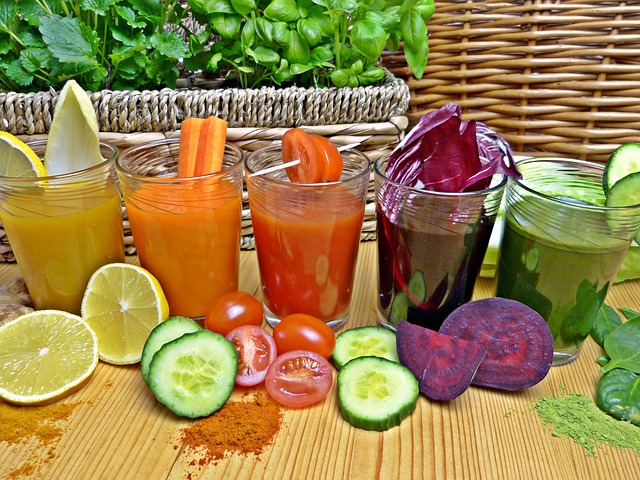
What to drink?
The following fluid-like foods should be included in the liquid diet-
Coconut water: It is rich in potassium, vitamins and many other nutrients.
Lemon water: Lemon is a very good source of vitamin C. Lemon water is helpful to detoxify the body.
Read – Honey lemon water and weight loss- a quick fact check
5 reasons to drink coconut water
Oral rehydration solution (ORS): ORS hydrates the body and prevents dehydration. It supplies potassium to the body. Don’t use half packet in a glass of water or something else. Dissolve one 20g (approx) sachet in 1 liter of water and keep sipping throughout the day. Finish it within 24 hrs or discard the liquid. Remember the concentration of the liquid is important.
Orange juice: It provides vitamin C and is beneficial for those suffering from Dengue fever. Drink this if it’s in the season.
Black grape juices: It is helpful for blood formation. It is also rich in antioxidants. Don’t forget to wash the grapes thoroughly. Keep the grapes in saltwater for 40-60 minutes and then wash in running water.
Guava juice: This might sound difficult but very effective. In most cases, the blood platelet count is reduced in Dengue fever. Guava juice is effective to increase the platelet count.
Pomegranate juice: It also helps in blood formation. Check the beetroot-pomegranate recipe HERE.
Spinach soup: Spinach is rich in vitamin K, potassium, iron, and phytonutrients like carotene B and Lutein zeaxanthin, etc.
Beetroot soup: Beetroot contains a very high amount of water, vitamin (B9, Vitamin C), minerals (manganese, potassium, iron) these were very helpful in increasing the RBC count.
Tomato soup: Tomato is also rich in vitamin C and potassium.
What not to drink?
I know making fruit juices or vegetable soup is a task. Do not try to make your life easy with packaged fruit juices or instant soup mix or soft drinks. No matter how healthy they claim, they are nothing but a mixture of various forms of sugar, chemicals, and preservatives.
Yes, often they claim that they are added with vitamins and minerals but the study suggests that mostly they are not being absorbed in our gut. So it’s pointless. Make fresh juice, soup at home. it’s the best choice any time any day.
Why liquid diet is suggested in the initial phase of Dengue Fever?
Liquid Diet is recommended due to the following reasons-(4)
- The liquid diet is better tolerated than solid foods.
- Liquid foods are rich in vitamins, minerals, etc. which help in the rapid recovery of the patients.
- They are useful to reduce the severity of the symptoms like nausea, vomiting, and fever.
- They are very helpful in maintaining the water and electrolyte balance,
- They detoxify the body.
- They hydrate the body and prevent dehydration.
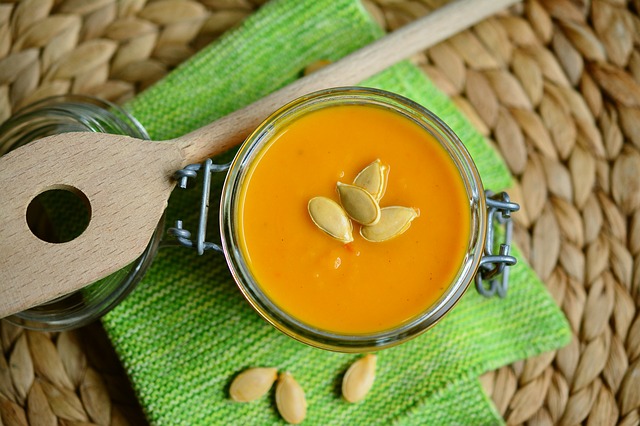
Indian diet for dengue patient- Stage 2: Soft Diet Guideline
When the patients start to recover from the dengue infection and the liquid diet is well-tolerated and well-retained by her/him, a soft diet is to be given to him/ her. The soft diet should include those foods which are-
- Very soft in texture,
- Easy to chew and swallow
- easy to digest
One can use lemon juice or herbs to enhance the flavor of their food. Along with the soft diet, drinking plenty of fluids like, fresh juice, soups, and coconut water is necessary. This will help to maintain the water and electrolyte balance of the body.
What to eat while in a soft diet?
Any well-cooked and/or overcooked foods should be included.
- Overcooked Khichdi (a combination of rice and pulses)
- Curd rice
- Porridge (with semolina/ broken wheat/sattu/ flaked rice/oats/ finger millet – if tolerated, as per patient’s taste and choice)
- Boiled potato
- Boiled vegetables like boiled papaya, pumpkin, green peas, etc. Softly cooked paneer
- Ripe Banana
- Ripe Papaya
- Watermelon
- Chicken stew
Why a soft diet is recommended in the recovery phase?
Since a soft diet has several advantages, it is recommended in the recovery phase. (4)
- Soft diet provides all the nutrients required for the body
- These are very light food which helps the patient to increase their appetite gradually.
- These are well tolerated by a weak and sick individual.
- It is easy for a patient to take and digest soft diet without experiencing any digestive problem.
- A judicially planned soft diet can supply all the nutrients required for recovery from the disease.
Indian diet for dengue patient : Home remedy for boosting platelet count
Dengue fever and viral infection are often associated with a drop in platelet count. Few home remedies are found to be extremely effective during such conditions.
Coriander leaves –
Coriander leaves can be taken in the form of a tonic to reduce the fevers in dengue. You can add coriander while making soup or tomato juice.
Read – Coriander -A wonder herb
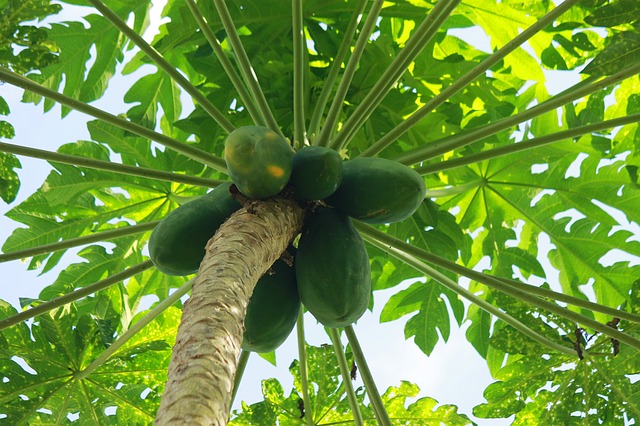
Papaya leaves-
Papaya leaf has a great potential to fight against dengue. The juice of raw papaya leaves is an effective herbal therapy for curing dengue fever. Fresh papaya leaves should be collected, washed, crushed and the juice is to be squeezed and filtered using a clean cotton cloth. One leaf provides approximately one tablespoon of juice.
The juice is quite bitter, so it should be sweetened with honey or sugar or mixed with fruit juices. Dengue patients should consume 2 tablespoons of papaya leaf juice, 3 times daily, at 8 hours intervals. The leaf should not be boiled or cooked since heat reduces the beneficial effects of papaya juice. (5, 6,7)
Guava leaves –
Intake of guava leaf juice is beneficial for Dengue patients. Fresh guava leaves should be collected and cleaned with water. Then the 1 cup of leaves is to be blended with 1 cup of water in a juicer into a smooth paste and should be strained using a strainer. The juice can be stored for 3 days in the refrigerator. (8)
Neem leaves –
It’s available almost everywhere. Neem leaves are very effective for increasing the production of white blood cells and platelets. It helps to boost immunity. (9)
Read
Neem leaves and diabetes- when bitter is sweet
Indian diet for dengue patients – Stage 3: Normal Diet Guideline
When the patient recovers and the soft diet is well retained and well-tolerated, a gradually soft diet is to be changed into a normal daily diet. During the recovery period, the patient should consume a high-calorie, high protein, low-fat, non-spicy diet rich in vitamins, minerals, and antioxidants. Drinking plenty of water is essential for rapid recovery.
1. Calories
The diet should supply adequate calories. This is required to regain the strength of the body which was lost during Dengue infection. Energy-rich foods like rice, potato, fruit juice, milk should be included in the diet.
2. Proteins
It should be a high protein diet because protein is essential for the repairing of the body tissues. Easily digestible, high protein foods like milk, chicken stew, non-spicy fish curry, softly cooked paneer curry, boiled egg, dal, etc. should be included. Are you a vegetarian? Thinking of what to eat for getting enough protein? Consider reading this –
3. Fats
Dengue reduces digestive capacity. It is difficult for a dengue patient to digest fat properly. So, the diet should be of low-fat content. Avoid taking fried foods for a time being. A teaspoon of ghee can be taken at lunch or dinner if tolerated. Avoid all sorts of outside foods- fried or nonfried. Always choose the right kind of oil and good quality ghee.
Read-
A guide to pick the best cooking oil in India
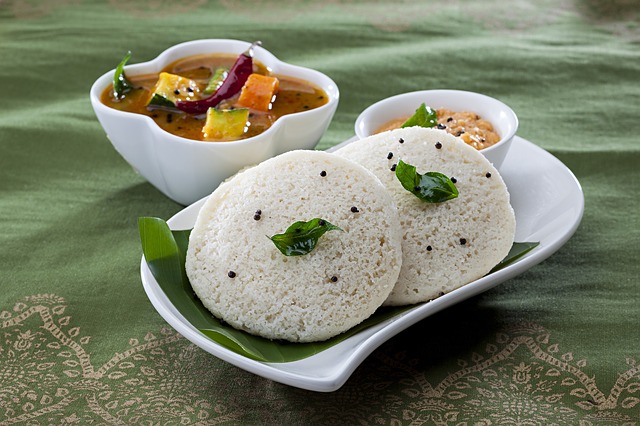
4. Carbohydrates
The diet should be rich in carbohydrates as they are the principal source of energy. Easily digestible carbohydrates are preferred over high fiber foods. Rice, oats are preferred over wheat and millet.
5. Vitamins and minerals
Adequate intake of vitamins and minerals is essential. So, plenty of freshly prepared vegetable soups and fresh fruit juices should be included in the diet. These fruits not only supply vitamins and minerals, but they are also rich sources of antioxidants and many phytochemicals which play beneficial roles in the rapid recovery of Dengue patients. Drinking coconut water and lemon water are also good for these patients.
6. Fluids and water
Drinking plenty of fluids is necessary for the patients to hydrate the body and removing of the toxins from the body. The person recovering from Dengue fever should drink water as much as he/she can consume. Fluid-like foods like juices, soups, sharbat, coconut water, etc. also provide additional water. Artificial packaged fruit juices in the name of “real” or “natural” or instant soup mixes are to be avoided at all costs.
7. Spices
Dengue fever is associated with digestive complications like nausea, vomiting, etc. and there is a risk of gastrointestinal bleeding. So, a non-spicy diet is recommended for these patients. Minimum spices should be used in cooking. Chilies should be avoided.
Special Considerations
- The diet should be easily digestible.
- Any foods which may produce flatulence and indigestion should be avoided. It is better to avoid cauliflower, cabbage, radish, etc. as they are difficult to digest.
- A moderate amount of pulses should be taken but not in an excessive amount as they may cause flatulence. Before cooking, pulses should be soaked in excess water for at least 2 hours.
- All types of cold drinks and alcoholic beverages should be avoided. Maximum 2-3 cups of coffee and tea can be taken but they should not be too hot.
- Milk should be taken in plenty of amounts if it is well tolerated. But if the patient has difficulty to digest milk, it should be avoided.
- Milk products like Dahi, yogurt, chaas, buttermilk, etc. should be given in plenty of amounts because these foods are easily digestible, nutritious dairy products. Compared to milk, these fermented milk products are better tolerated by Dengue patients. These foods are rich in probiotics which helps in early recovery of the patients and help to increase the platelet counts.
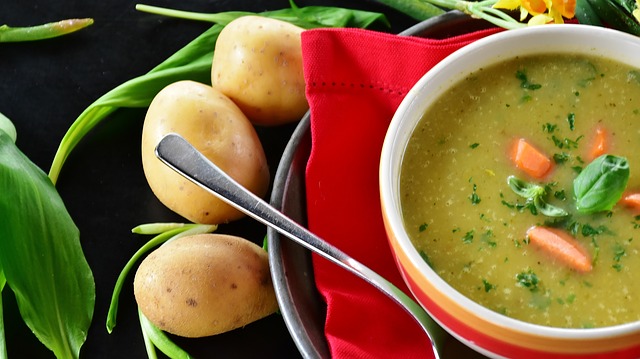
Indian diet for Dengue patient: List of Foods to be taken
- Well-cooked Khichdi (a combination of rice, pulses, and vegetables)
- Boiled vegetables (like potato, pumpkin, carrot, beetroot, green peas, green papaya, green banana, etc.)
- Cooked green leafy vegetables but not fried
- Well-cooked dal
- Non-spicy mixed vegetable curry
- Softly cooked paneer with or without vegetable
- Curd, yogurt, and buttermilk
- Porridge
- Oats
- Roti or bread
- Coconut Water
- Fruit juices
- Vegetable soups
- Lemon water
- Whole fruits like ripe papaya, banana, watermelon, pomegranate, grapes, etc.
Indian diet for Dengue patient: List of Foods to be Avoided
- All fried foods
- Chips and fried papad
- All outside foods
- Packaged and processed foods
- Salads
- Cold drinks, packaged fruit juices, instant soup
- Spicy foods
- Pickles
- Alcoholic Beverages
- Too hot tea and coffee
Summary
Dengue has become an epidemic these days. This mosquito-born, serious flu-like viral infection has no specific vaccine or treatment. Early detection and appropriate medical care are necessary to avoid serious complications.
Indian diet for dengue patients plays a major role in treatment. Proper dietary management is essential for early recovery and avoiding the complications of Dengue fever. Initially, a liquid diet is suggested, followed by a soft diet and a normal diet. Judicious dietary management ensures the early recovery of the patient and reduces the complications of the symptoms. Both the soft diet and normal diet can provide all nutrients to the patient.
A high-calorie, high protein, low-fat diet rich in vitamins, minerals, and antioxidants is appropriate for the patients. Drinking plenty of fluid – water, fresh fruit juices, vegetable soup, coconut water, etc- is mandatory for rapid recovery. Non-spicy, easily digestible, well-tolerated food should be given. Coriander leaves, neem leaves, guava leaves, and papaya leaves are found to be extremely effective for boosting the WBC and platelet count in dengue treatment.
Now take a deep breath and start taking action.

